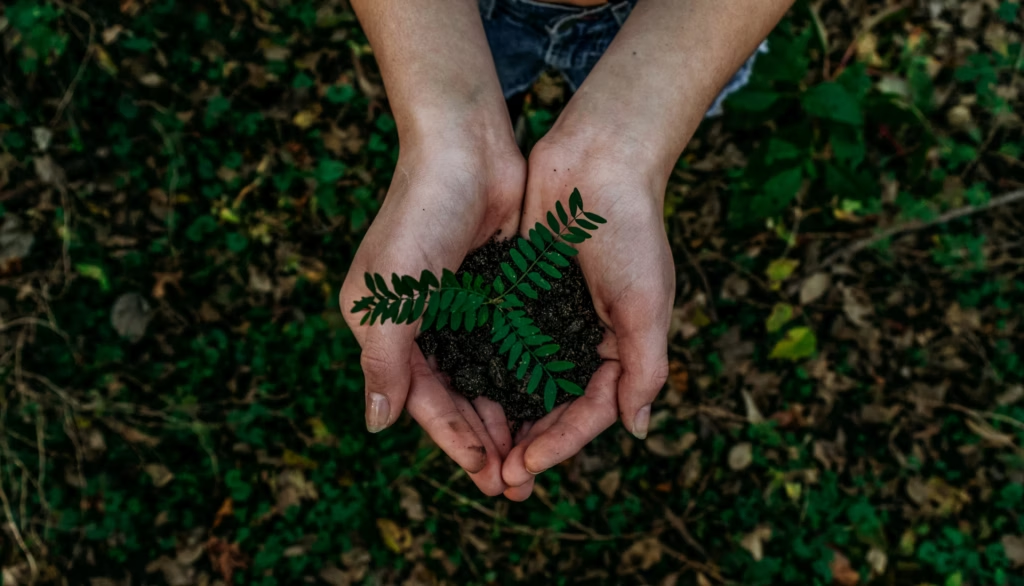Still We Weave: Six years of the Global Tapestry of Alternatives… and counting.
GTA facilitation team
Last month, the Global Tapestry of Alternatives (GTA) completed six years of weaving and connecting networks of Alternatives around the globe. In this message to the constituents of the process, the GTA facilitation team celebrates and reflects …











